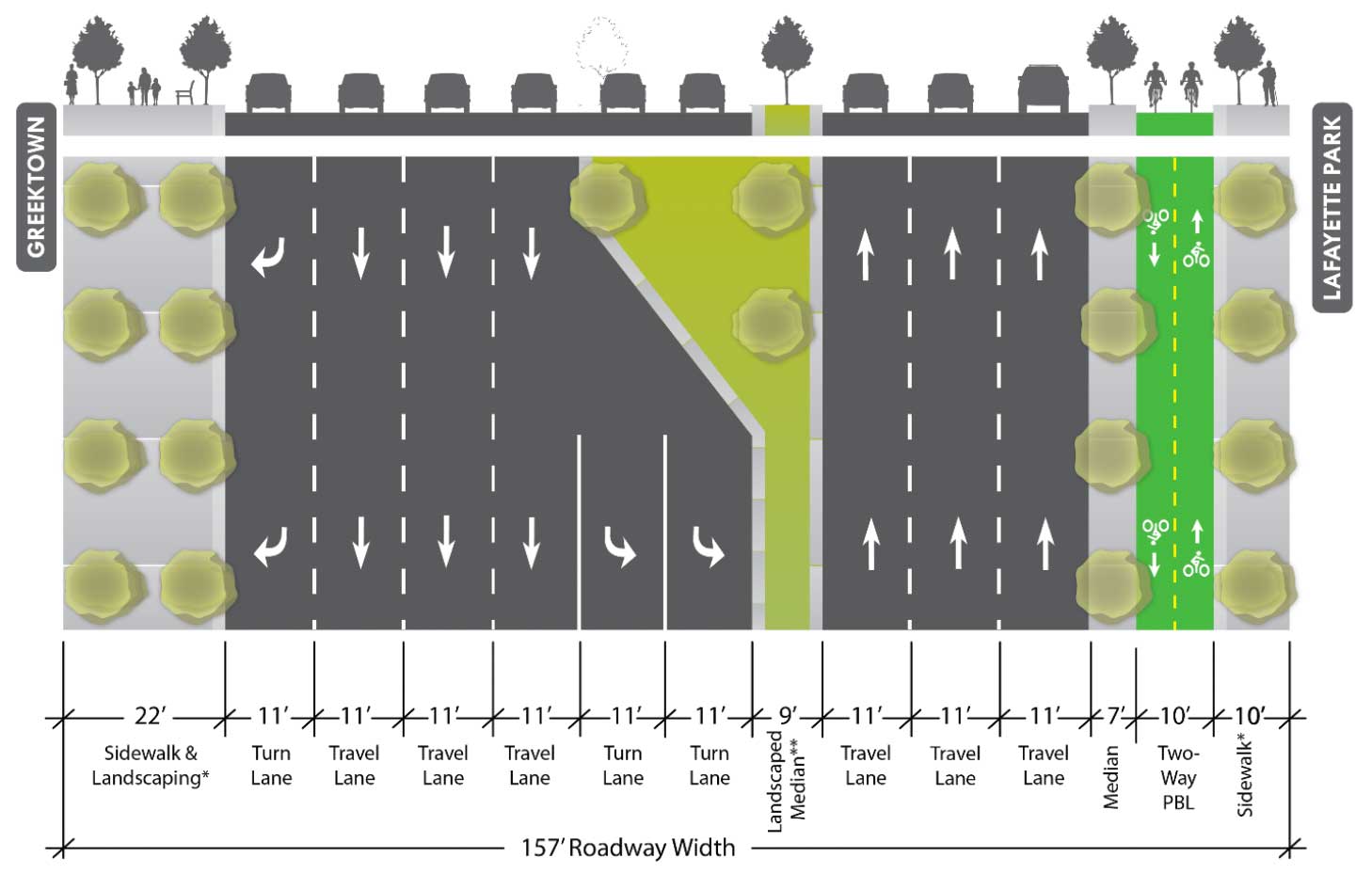There are so many false equivalences in that CNU article that its hard to wrap one's head around. They site NYC as an example of how removing freeways doesn't cause chaos to traffic, yet fails to mention that uh... its NYC, have you seen their rail map? You can go virtually anywhere and everywhere in Manhattan with relative ease via MNRR and the Subway - a gift that most other cities don't have the luxury for - especially suburban Toronto. In fact every major case of "Reduced Demand" where Highways are removed that people often site usually often come with massive caveat of:
A) They were extremely underused to begin with (such as the Dunsmuir and Georgia Viaducts in Vancouver, and many other freeway removal projects in the US)
B) The cities spent a ton of time and money building alternatives to the highways via Subways, BRTs, Trams, and even combinations of these (such as the Cheonggye Freeway in Seoul).
In the case of the 401, if we built a massive regional express line through the 401, and made proper bus or rapid transit connections at most stations, then yes you might have a claim for being able to reduce the capacity on the 401, however we don't have that, and we aren't building that.






